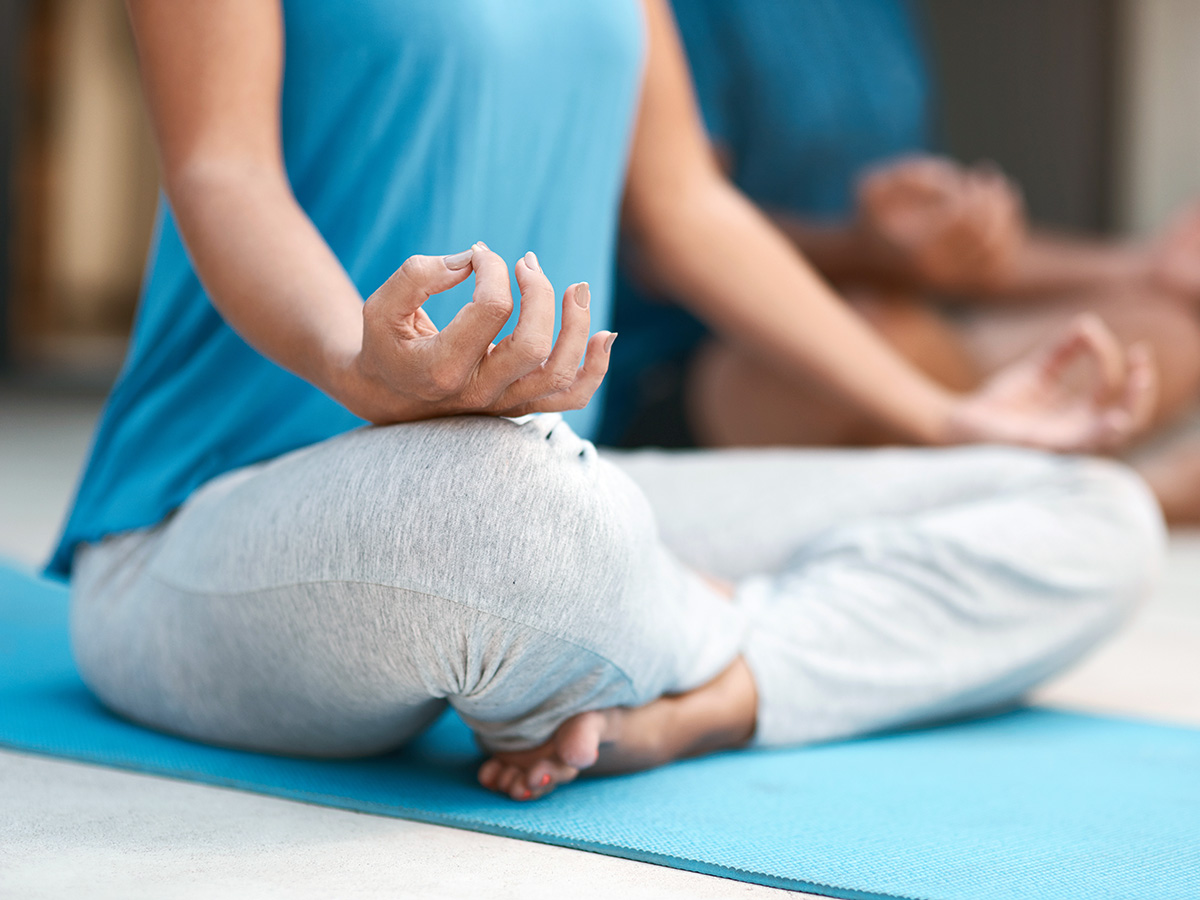
It’s no secret that life is tough sometimes, and dealing with mental health difficulties doesn’t make anything easier. Anxiety can change the way you think, act, and experience life events. Not to mention, feeling anxious and stressed all the time can ultimately lower your quality of life. It can bring upon other health problems, like digestive issues or sleep disorders.
However, that doesn’t mean you need to abandon all hope! In this day and age, the recognition of mental health and its importance has never been more prominent. Additionally, access to numerous kinds of treatment are easier than ever. Keep reading to learn four ways you can help curb your anxiety when other solutions don’t make the cut.
1. Consider Professional Treatment
One of the most important choices you can make is deciding to get the help you need. Sometimes, you just can’t do everything on your own. If you’ve been struggling, seeking professional mental health treatment is always a good idea.
Medical professionals can offer mental health medication, which can help restore balance to your hormones. If deemed appropriate, a prescription can help with mood stabilization and relaxation. Sometimes medication provides that extra oomph you need to get back in the game. So, don’t write it off.
There are multiple channels that provide professional help these days. Some can even be accessed purely online, meaning you don’t even need to leave your house. Looking at your options is a great way to start your mental health journey.
Therapy is also one of the most highly-recommended treatments for anxiety. Having someone to speak to who can give scientifically-confirmed advice is a wise decision. Therapists are there to help you personally, meaning they can tailor your treatment to you specifically. Treatment isn’t a one-size-fits-all solution.
2. Use Grounding Methods
Sometimes you can be hit with a wave of anxiety at the most inconvenient times, like when you’re in public. It can feel frustrating and scary to figure out how to calm yourself down around strangers or in an uncomfortable location. Luckily, this is where a technique called grounding can save the day.
Grounding is pretty much what it sounds like — getting your brain to focus on something physical. This could be yourself or what’s around you. It’s a kind of distraction method that uses hyperfocusing to bring you back from the mental hurricane.
One of the most common types of grounding is the ‘5 things’ method. It goes like this:
- 5 things you can see
- 4 things you can hear
- 3 things you can touch
- 2 things you can smell
- 1 thing you can taste
This method particularly plays on the senses to get you to focus on something other than your anxiety. When you’re thinking about each specific thing, it gives your brain time to move beyond anxious thoughts.
3. Get More Sleep
Your brain controls every function in your body. If your mind feels upset, the rest of your body can feel thrown off, too. Unfortunately, sleep is one of the most common bodily functions negatively affected by anxiety.
If you experience sleeping problems, it could be due to your anxiety. If this is the case, you might want to incorporate new activities into your night routine. This could be doing yoga for 10 minutes before you go to bed. Reading is also a great way to calm the mind before sleep. These types of activities help calm the body, meaning it’ll be easier to drift off.
If you have difficulty staying asleep, consider taking sleeping medications. You don’t have to commit to prescription drugs for this, either. There are many natural remedies that are proven to help with sleep, such as melatonin and lavender essential oils. Herbal tea is also a great non-caffeinated choice, if you like to enjoy a warm beverage at night.
It’s important to commit to getting better sleep. Your brain function will improve, and you’ll have more energy. Sometimes even one more hour per night can make a big difference. Or, a thirty minute nap mid-day can help you feel refreshed.
4. Say Goodbye to Caffeine
This one might hurt the coffee-lovers. Unfortunately, caffeine doesn’t just make you more alert. With an elevated heart rate and the artificial energy it provides, you might end up feeling like a bundle of nerves.
If you love coffee or tea, switch to decaf versions. You won’t have to sacrifice the taste you love that way. Herbal tea is naturally decaf, too. There’s a big variety of non-caffeine options out there, including soda. Most lemon-lime sodas and root beers are caffeine-free.
It might feel difficult at first if you tend to rely on that morning cup of coffee to start your day. However, replacing artificial energy for the real thing will make your body and mind feel so much better. Sleep, a healthier diet, and getting exercise are just a few ways to naturally boost your energy levels without caffeine.
Don’t Be Afraid to Cut out the Stress
Finding ways to treat your anxiety can take a massive weight off your shoulders. For the welfare of your mental health, you have to be willing to make some changes. Whether these are drastic or subtle is up to you. Just remember that doing nothing won’t bring about any positive results.
Just like working out at the gym to sculpt your dream body, you also have to work out your mind. That might require eliminating stressors in your life, like toxic people or places. Do what you have to for your mental health. Don’t be scared — it’ll be worth it in the end.